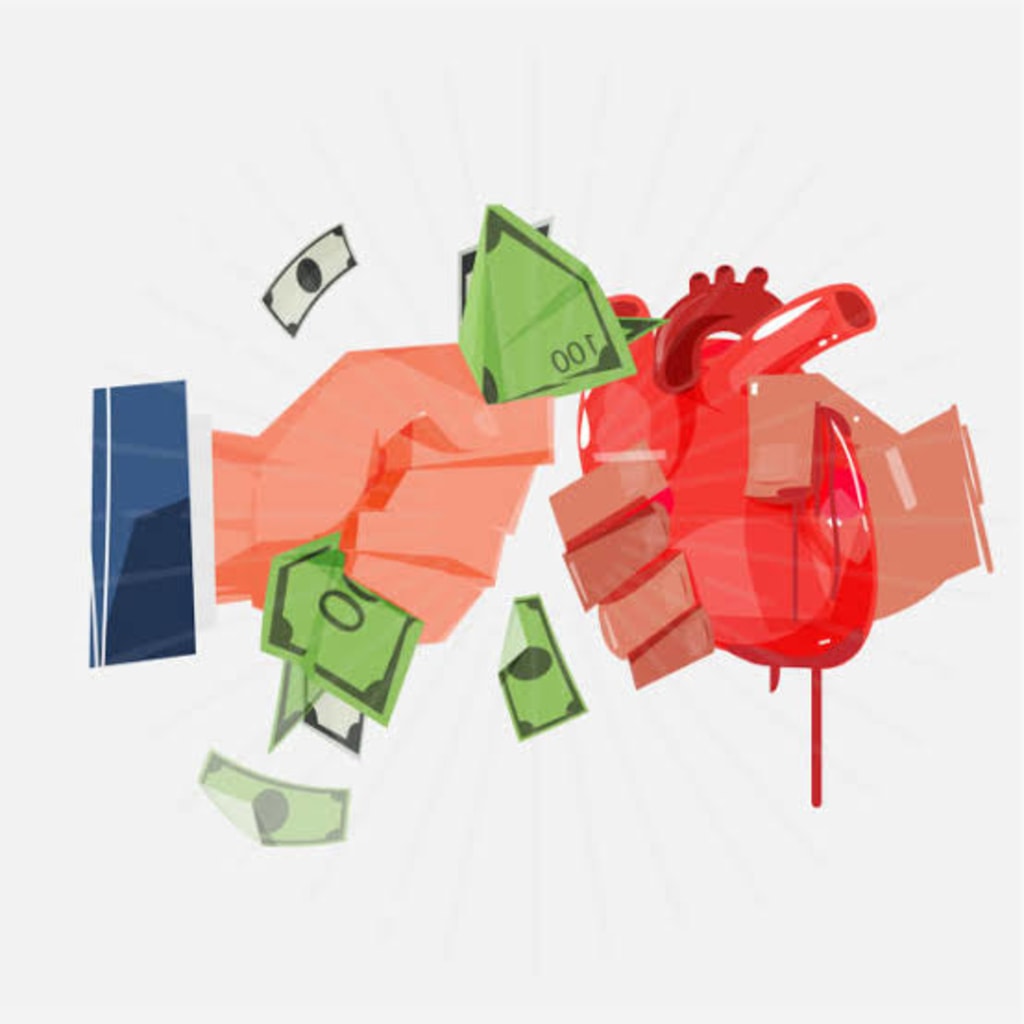
Organ trafficking is a phenomenon that has been growing worldwide in recent years, with more and more people being lured by the promise of quick money, regardless of the human cost. It is a crime that violates the most basic human rights, taking advantage of the desperation of the poor and vulnerable, and exploiting their bodies for profit. This blog will explore why organ trafficking is becoming more common and the impact it has on society.
Firstly, organ trafficking is fueled by the growing demand for transplantation. The demand for organs far exceeds the number of legal donors due to a shortage of altruistic donors, religious objections, cultural beliefs, and a lack of knowledge or awareness about organ donation. According to the World Health Organization, only one in every 100 people who die is actually a potential organ donor. Therefore, the demand for organs has led to a thriving black market for organs, which has become more organized and sophisticated, making it increasingly difficult to detect and prevent.
Secondly, poverty and economic inequality have also contributed to the rise of organ trafficking. In many countries, people living in poverty have limited opportunities for education, employment, and healthcare, leaving them more vulnerable to exploitation. Organ trafficking preys on these vulnerable individuals, who are willing to sell their organs for quick cash without any regard for their long-term health or well-being. Additionally, traffickers may kidnap or trick people into giving up their organs without their knowledge or consent.
Thirdly, the lack of regulation and enforcement in the organ trade has allowed it to flourish. The black market for organs is a highly lucrative industry, estimated to be worth billions of dollars annually. The lack of strict regulations and enforcement allow traffickers to operate with impunity, making it easier for them to recruit vulnerable individuals, bribe officials, and transport organs across borders without detection.
Organ trafficking has dire consequences for society, including the exploitation of the poor and vulnerable, the erosion of public trust in medical institutions, and the perpetuation of human rights violations. It also has serious health implications for organ recipients, who may receive organs from poorly screened or improperly matched individuals, increasing the risk of infections, illnesses, and organ rejection. Furthermore, the proliferation of organ trafficking undermines the entire transplantation system, which relies on the principles of altruism, fairness, and equity.
To combat organ trafficking, governments, healthcare professionals, and international organizations need to take a strong stance against this criminal activity. Firstly, education and awareness campaigns about organ donation should be widely promoted, especially in developing countries where there is a higher incidence of organ trafficking. This will encourage more people to become legitimate donors and reduce the demand for trafficked organs.
Secondly, governments and international organizations need to adopt more stringent regulations and enforcement mechanisms to prevent and prosecute organ trafficking. This includes the establishment of national and international databases to track the movement of organs, the creation of legal frameworks to criminalize organ trafficking, and the provision of resources to increase law enforcement capabilities.
Thirdly, healthcare professionals must uphold ethical standards and prioritize patient safety in the transplantation process. This involves screening potential donors thoroughly to ensure that they are not coerced or exploited, verifying the identity and medical history of both the donor and the recipient, and ensuring that organs are procured in a safe and legal manner.
In conclusion, organ trafficking has become more common due to the growing demand for transplantation, poverty and economic inequality, and the lack of regulation and enforcement. It is a heinous crime that violates the most basic human rights and has far-reaching implications for society. Education and awareness campaigns, stricter regulations, and enforcement mechanisms, and ethical practices by healthcare professionals are necessary to combat this illegal and immoral trade. Ultimately, it is up to us as individuals to support these efforts and advocate for a world where organ trafficking is no longer a profitable business.
About the Creator
Enjoyed the story? Support the Creator.
Subscribe for free to receive all their stories in your feed. You could also pledge your support or give them a one-off tip, letting them know you appreciate their work.






Comments
There are no comments for this story
Be the first to respond and start the conversation.